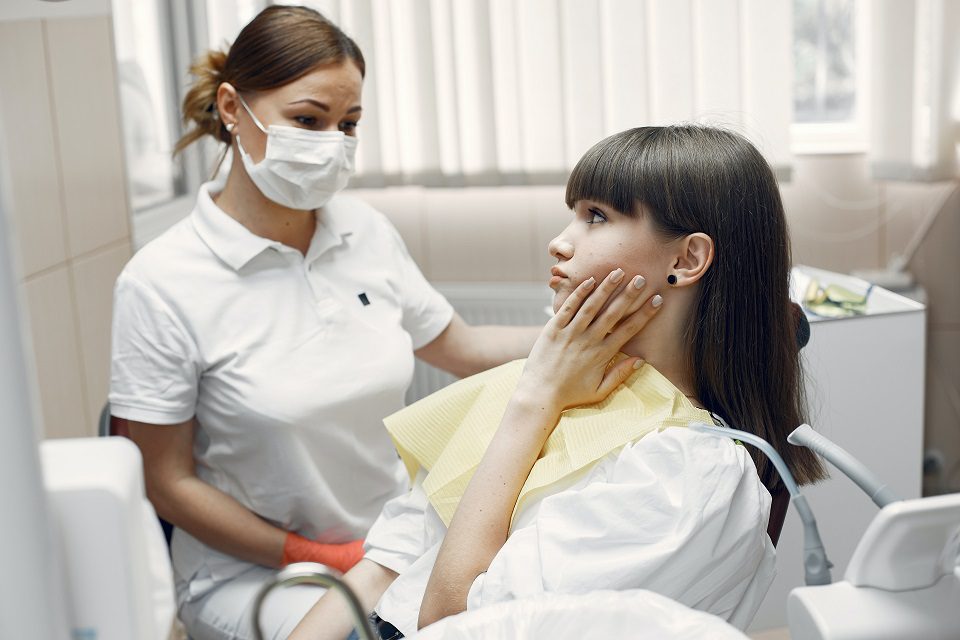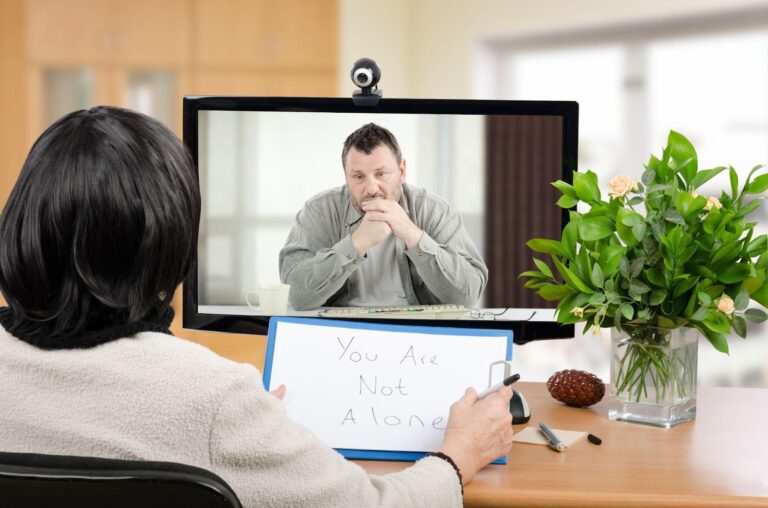People have differing ideas of what is an urgent dental issue and what isn’t. However, in this case, knowing what constitutes a dental emergency is crucial for your comfort and overall health.
In order to determine if your dental problem is an emergency, you need to understand typical dental emergencies, including proper tooth care before your appointment and how to seek help.
Keep reading to learn about the most common dental emergencies and how to handle them.
What Is A Dental Emergency?
A dental emergency is any non-routine dental appointment. So,appointments forcheck-ups, professional dental cleans, or teeth whiteningdon’t constitute dental emergencies. However, if you’re experiencing any bleeding in the mouth, mouth pain or lacerations, you can book an emergency appointment with your local dentist to resolve the problem.
You must book an emergency dental appointment if you experience severe pain or discomfort in your mouth.
If you’re residing in northern California, around San Francisco or San Jose, go for the services of a certified dentist Hayward or a dental clinic like ‘Fab Dental’, who can provide the best relief in case of a dental emergency, especially when it comes to extremely painful teeth and sore gums, or sudden bleeding.
Trust in the expertise and compassionate care of the Los Gatos dentists, who are dedicated to providing exceptional dental services to their community.
What Are The Most Common Dental Emergencies?
Here are some of the most common place dental emergency types to help you gain a better understanding:
- Toothache – toothaches are unusual occurrences, and you should book an emergency dental appointmentas soon as you notice them. A toothache can signifysomething is seriously wrong with your dental health since issues like tooth decay or obstructive wisdom teeth growth are some of the primary causes.
- Chipped or broken teeth – you must seek emergency dental care if you damage a tooth- no matter how slightly. Broken or chipped teeth can become infected due to the destruction of the tooth’s protective enamel.
- Knocked-out teeth – seek emergency dental care if you sustainan injury to the mouth that causes a tooth to fall out. Prompt action increases the chances of your dentist resituating the tooth and preventing tooth loss.
- Lost filling or crown – If you lose a filling or crown, your tooth loses its protective barrier. Therefore, you must seek emergency dental care to prevent infection or further tooth damage.
- Bleeding or pain – if you have pain or bleeding after a dental procedure, you have tobook an emergency dentist’s appointment as soon as possible.
- An abscess – An abscess is akin to a pimple in the mouth and is typically a sign of infection. Leaving infections in the mouth untreated can lead to tooth loss, so seeking emergency care is a priority.
How Should You Deal WithA Dental Emergency?
In the event of a dental emergency, please remember that it will likely take some time before you get to the dentist.This ‘delay’ necessitates yourin-depth awareness of which steps to take before you get into the dentist’s chair.
Firstly, if you lose your tooth, your primary concern is to find the tooth. Then, once found, try to set it back in your mouth and hold it there until you get to the dentist. But if you can’t place the tooth back, it is best to soak it in milk to prevent it from drying out and dying.
Consider taking over-the-counter pain medications for other dental emergencies to help you handle your discomfort. Alternatively, drink only water if you suspect tooth damage and avoid eating until your appointment. This concession reduces the risk of infection or further damage.
Preventing further damage after booking your appointment and before getting to the dentist is critical. Therefore, you must take proper care of your teeth to avoid exacerbating the problem.
Summary
Dental emergencieswill likely occur, and you must know which steps to take. Remember, issues like bleeding, abnormal pain or mouth damageare typically considered dental emergencies, so it is best to book an emergency appointment with your local dentist when you experience them.







